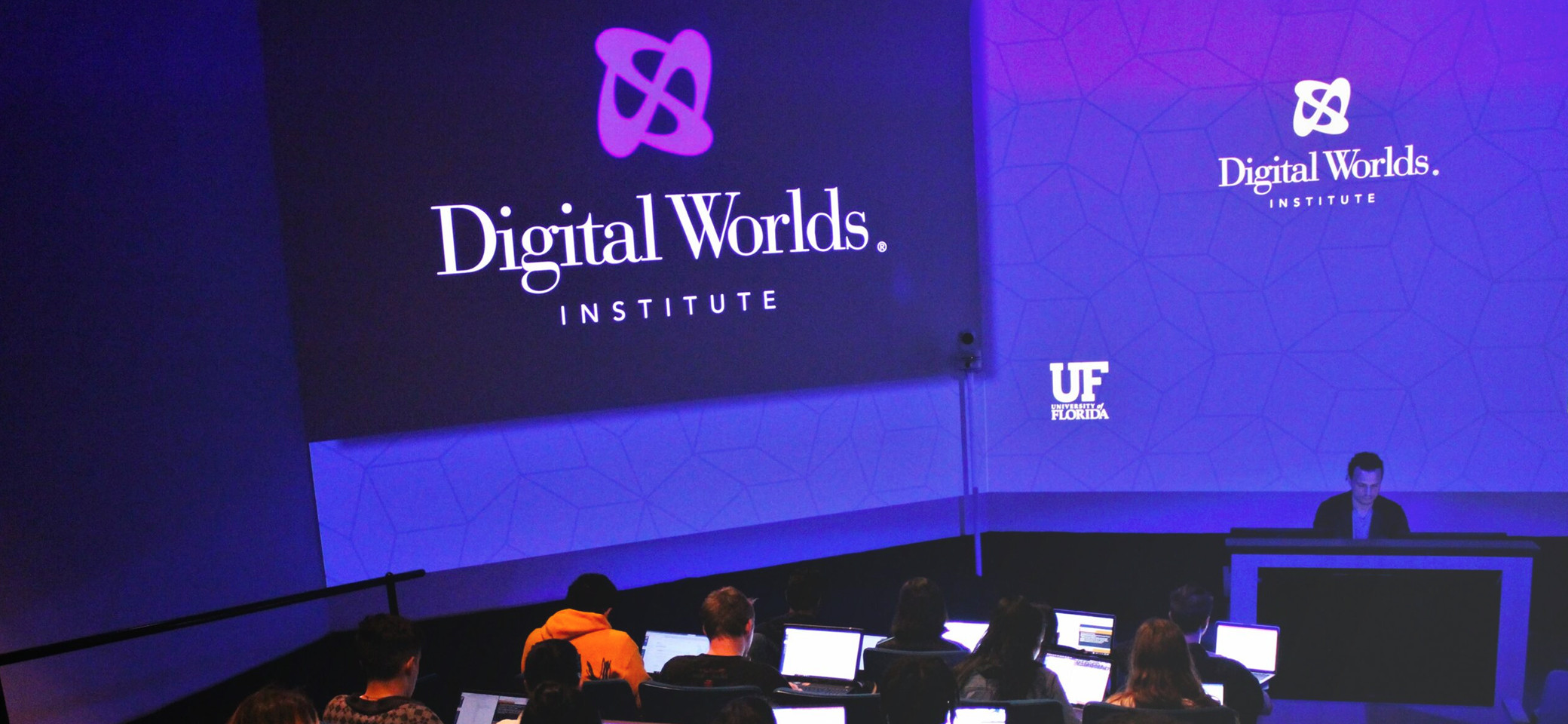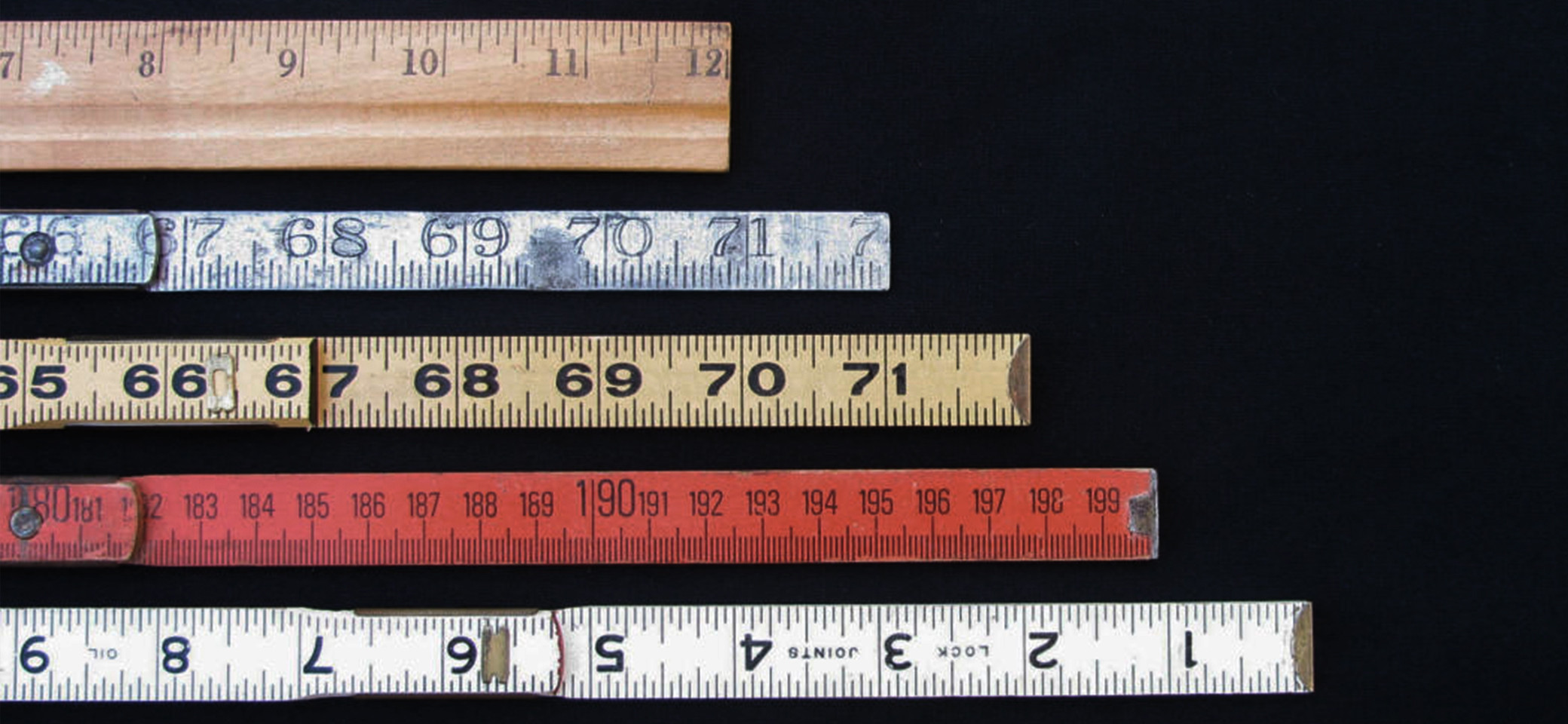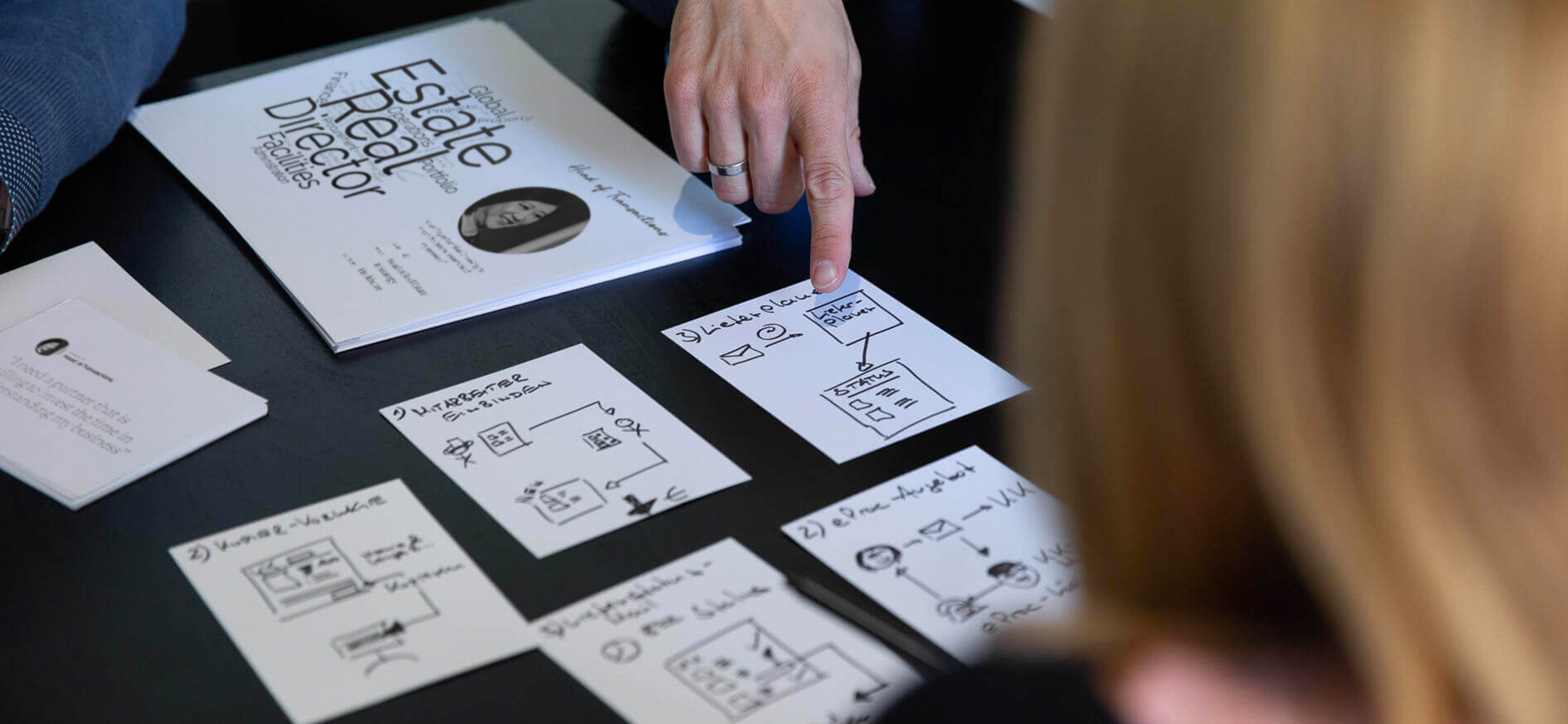Just finished "The AI Playbook" by Eric Siegel @predictanalytic —a must-read for anyone in AI/ML. It blends tech with business strategy, making ML approachable, impactful, and actionable. The insights are game-changing! Let’s dive into the key lessons.
View MoreBrowse my notebook.
This is where I collect, share and discuss things that inspire me.
- Technology
- Event
Guest Panelist at GovTech 2025
Brandon will join OCTO DC’s Innovation Team for a panel on the launch of the new DC.gov website and the broader digital transformation underway across DC Government. The session will explore how agencies are modernizing legacy systems, introducing user-friendly tools, and using data-driven design to make government more efficient, accessible, and responsive. Panelists will share practical insights on cross-agency collaboration and the real-world impact of digital solutions on residents, businesses, and internal teams.
- Design
- Business
Here’s How UX Designers Deal with Tough and Recurring Problems
In the world of UX design, solving tough problems is where creativity and strategy converge to deliver the most meaningful results. Many client challenges, whether boosting revenue or sparking innovation, may feel new but often share recurring themes. In this article for Taoti.com, DC's leading agency, I explore how UX designers thrive in tackling these challenges head-on, leveraging both tried-and-true methods and fresh perspectives to create impactful solutions for clients and their users.
- Design
- Business
2025 Netty Awards Gold Winner
I'm excited to share that Taoti has been named a 2025 Netty Awards Gold Winner, recognized for innovation, creativity, and impact as a small agency. From integrating cutting-edge technology to creating memorable brand experiences, this honor highlights the dedication and craft our team brings to every project.
- Strategy
- DesignOps
Diving into Dan Mall's "Design That Scales"
As someone with a keen interest in Design Libraries, I found Dan Mall's "Design That Scales" to be an essential read. It goes beyond the basics of creating design systems; it deep dives into how to make them enduring and successful. Dan Mall offers expert insights on design systems, effectively arguing their practicality and critical role in today's business-centric design landscape. For those of us eager to merge design expertise with business strategy, this book offers a truly enlightening perspective. Check out this Twitter/X thread for my selection of standout excerpts and key insights.
- Technology
- Content
AI Assisted Content Authoring
The fear of AI taking away jobs is a common argument that accompanies every new cycle of tech. Instead, I see it as a tool that can help us be more productive and efficient. For Designers, AI should be viewed as a tool for inspiration, overcoming the need for brute force efforts, and making room for more strategic thinking. I discussed this and other ways of thinking about AI in my talk “AI assisted Content Authoring” at Drupal GovCon, which also covered the material history of AI and its limitations, as well as how creatives can use AI to their advantage.
- Design
- Education
Alumni Spotlight: Interview with Brandon Schmittling
The Digital Worlds Institute at the University of Florida interviewed me as part of their ongoing Alumni Spotlight column. We talked about how the program prepared me for my career, what I like about design, and advice I would give to current students.
- Strategy
- DesignOps
The Ultimate Design Library: Building a useful and future proof resource
Design resources are changing and the trend is towards highly functional, code-based repositories with a focus on data insights, collaborative or automatic creation and decentralized control. At the same time, people are working across disciplines, solving for specific, concrete situations and those efforts produce outputs, data, insights and other kinds of knowledge that straddle multiple types of documentation.
- Product Management
Reflecting on my favourite moments from “Managing By Outputs To Managing By Outcomes” by Teresa Torres
I really love this article + preso + video from @ttorres and I was relieved when I recognised that my product design team is starting to / is already working this way. Here's a quick recap of some of my favourite moments from "Everyone Thinks They’re Managing by Outcomes. Here’s How to Actually Do it."
- Commentary
- Business
The underestimated power, value and ROI of UX Research and Testing
I get a lot of questions from my students and colleagues about user research and testing. It is one of the least understood skills of a designer (UX or otherwise). Yet, it remains one of the most powerful because of ROI. Being a researcher means you are in a position of trust and often you find yourself at the head of an information curve - which can be advantageous, depending on how you use that information. Recognizing this, we should all hope to be good stewards of design research learnings.
- Design
- Technology
Find the humans in this interface
One of the reoccurring debates that designers and clients get into is why designers tend to show real, living people — and their faces — in digital contexts. It’s a fair topic, because from a business perspective there are plenty of good reasons not to: privacy concerns, identity theft, tight budgets and general anxiety about the blurring of personal and professional life, just to name a few. It turns out the human face is powerful — and good for business — if used in the right way.
- Design
- User Experience
Three ways to tweak social media to improve breaking news
When serious breaking news happens, many of us turn to social media–especially Twitter–to keep up and get the most detailed information we can as quickly as possible. Here's some of my thinking about the deficiencies of our current information tools, and how we might improve the social, breaking news experience.
- Technology
- Innovation
What is the future of the Internet of Things?
Smartphones are stupid. In fact, all devices are stupid. They make us dependent, they demand that we respond to commands, they're expensive and they cut us off from the people around us. Our obsession with them is limiting our ability to create a more seamless, less intrusive digital world. We have the opportunity to create a connected future – an 'internet of things' – that is so much more than 10 billion mobile devices flickering like stars in the sky. Due to recent breakthroughs in materials, that future is within our grasp – the hard part will be in putting away our phones and embracing death to devices.
Social
I’m currently leading the User Experience team at Taoti in Washington, D.C.
As Director of UX Design I'm looking after (and growing) an innovative, lean and effective team that delivers value to our clients. Get in touch with me to discuss speaking engagements and other professional opportunities.
My full work history is available on LinkedIn at btiny.link/linkedin
Download CV












